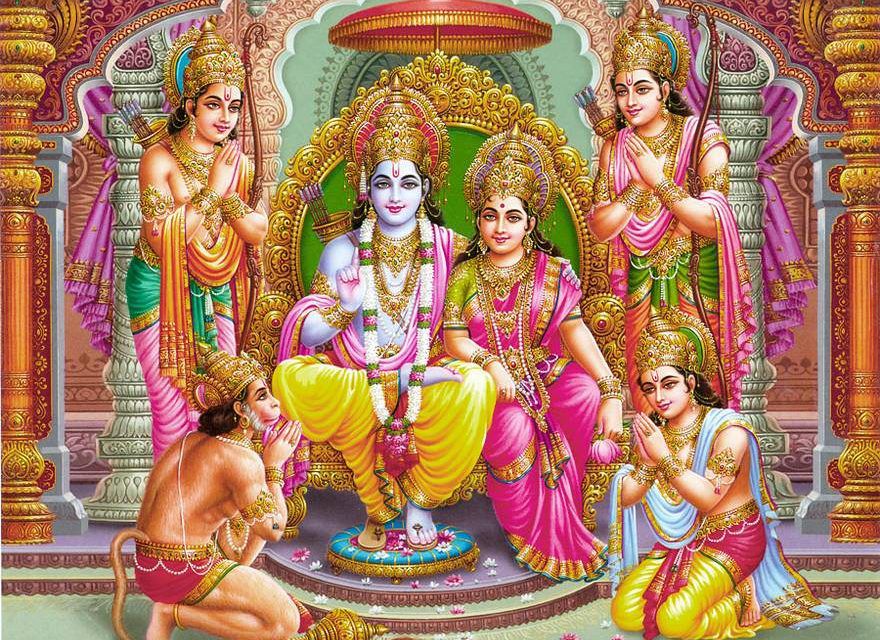Exploring Different Spiritual Paths and Practices: A Journey to Self-Discovery
Spirituality is a deeply personal journey, and there is no one right way to practice it. Whether you are new to spirituality or have been on the path for a while, exploring different spiritual paths and practices can be a transformative experience. In this article, we will explore some of the different spiritual paths and practices that exist and how they can help you on your journey to self-discovery.
Meditation
Meditation is a practice that has been used for thousands of years to cultivate inner peace and clarity. It involves sitting in a quiet place and focusing your attention on your breath or a mantra. Meditation has been shown to have numerous physical and mental health benefits, including reducing stress, improving sleep, and increasing feelings of happiness and well-being.
Yoga
Yoga is a spiritual practice that originated in ancient India. It combines physical postures, breathing exercises, and meditation to promote physical and mental well-being. Yoga has been shown to have many health benefits, including improving flexibility, reducing stress and anxiety, and increasing strength and balance.
Mindfulness
Mindfulness is a practice of being present and fully engaged in the moment. It involves paying attention to your thoughts, feelings, and physical sensations without judgment. Mindfulness has been shown to have many benefits, including reducing stress and anxiety, improving relationships, and increasing feelings of happiness and well-being.
Buddhism
Buddhism is a spiritual path that originated in ancient India and is based on the teachings of the Buddha. Buddhism teaches that suffering is a natural part of life and that the key to happiness is to let go of attachment and desire. Buddhist practices include meditation, mindfulness, and compassion.
Hinduism
Hinduism is the oldest of the major world religions and is practiced mainly in India. It is a diverse tradition that encompasses many different beliefs and practices. Hinduism teaches that there is one ultimate reality, known as Brahman, and that each individual soul, or atman, is part of this reality. Hindu practices include yoga, meditation, and devotion to the gods.
Islam
Islam is a monotheistic religion that originated in the Arabian Peninsula in the 7th century. It is based on the teachings of the Prophet Muhammad, who is considered the last prophet of God. Islam teaches that there is one God, Allah, and that the purpose of life is to worship Him. Islamic practices include prayer, fasting, and pilgrimage to Mecca.
Christianity
Christianity is a monotheistic religion that is based on the life and teachings of Jesus Christ. It teaches that there is one God, who is a Trinity of Father, Son, and Holy Spirit. Christianity emphasizes the importance of love, forgiveness, and compassion. Christian practices include prayer, worship, and reading the Bible.
Judaism
Judaism is a monotheistic religion that is based on the belief in one God, Yahweh. It is the oldest of the Abrahamic religions and is practiced mainly by Jews. Judaism emphasizes the importance of following God’s commandments and living a moral life. Jewish practices include prayer, Torah study, and observance of the Sabbath and other holy days.
Conclusion
Exploring different spiritual paths and practices can be a transformative experience that can help you connect with your inner self and find a deeper sense of purpose and meaning in life. Whether you choose to practice meditation, yoga, mindfulness, Buddhism, Hinduism, Islam, Christianity, Judaism, or any other spiritual path, the most important thing is to approach it with an open mind and heart. Remember that spirituality is a personal journey, and there is no one right way to practice it. Follow your heart and find the path that resonates with your soul.
![]()





